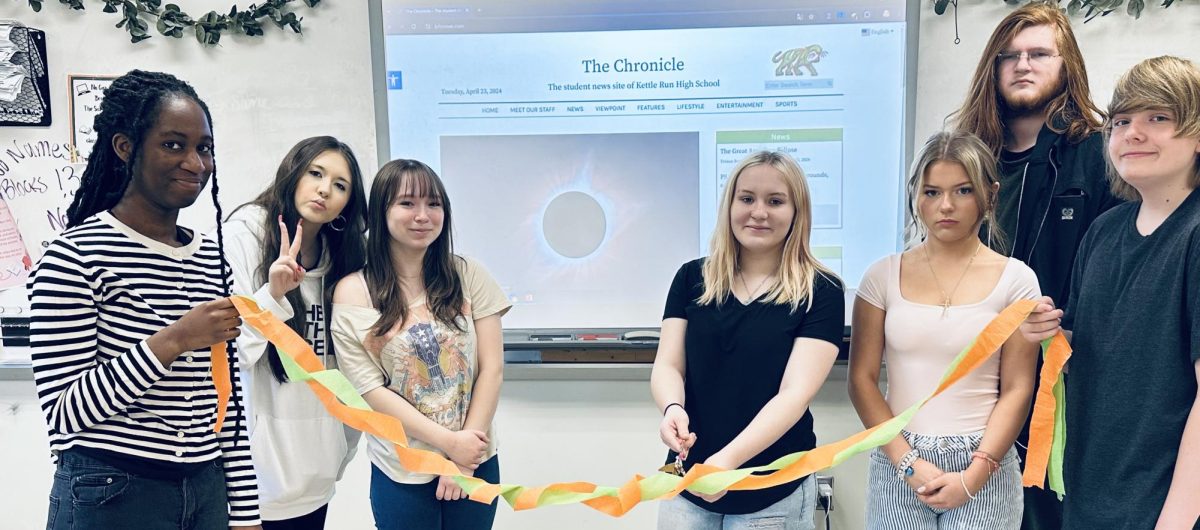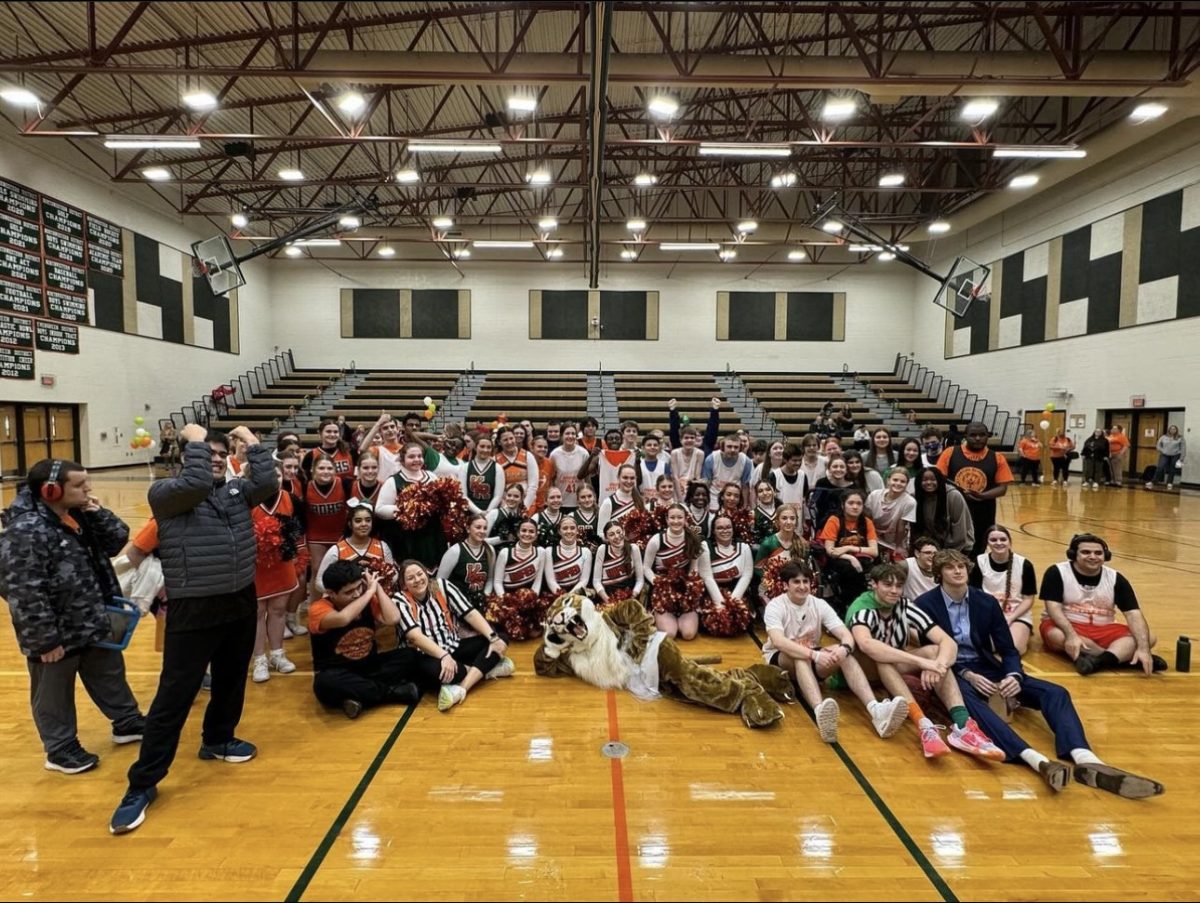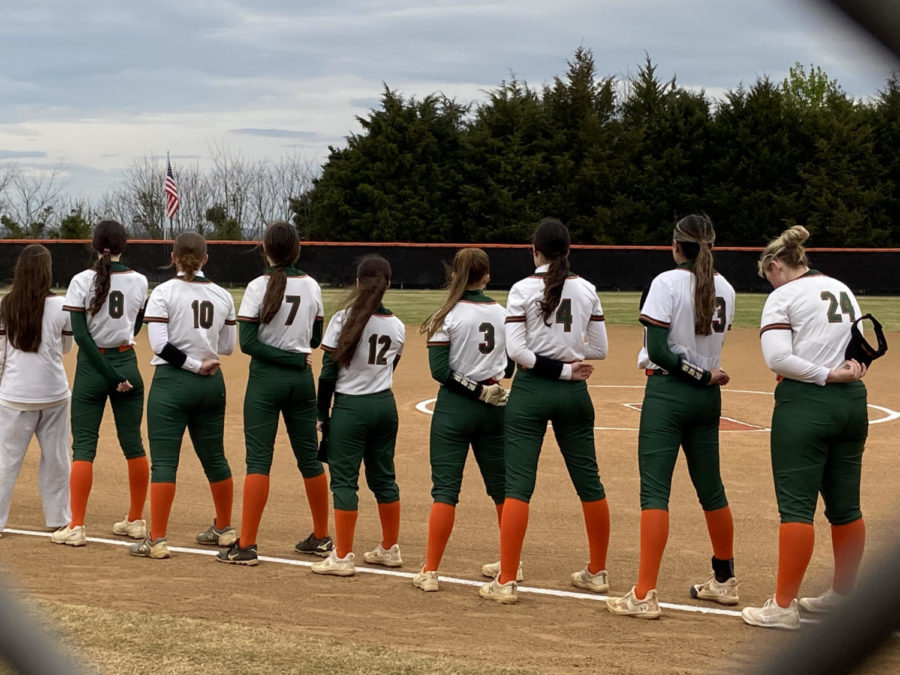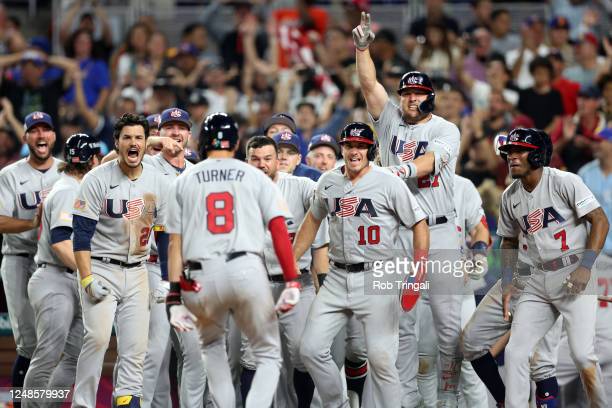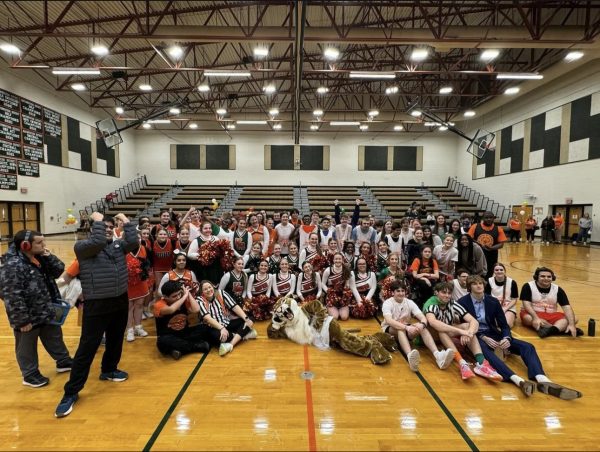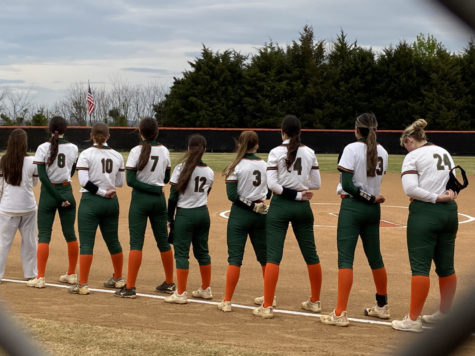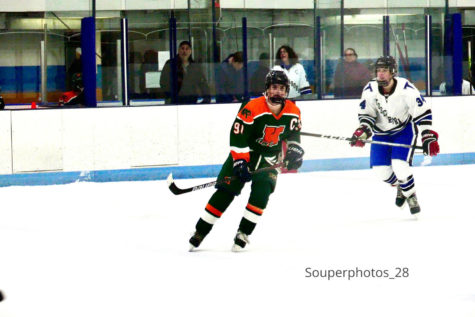National Athletic Training Month
Trainers dedicate dozens of hours to helping athletes.
April 3, 2017
If you play sports, you probably have needed the help of an athletic trainer at some point.
The National Athletic Trainers’ Association defines athletic training as “the prevention, examination, diagnosis, treatment and rehabilitation of emergent, acute or chronic injuries and medical conditions,” with this year’s slogan being “Your protection is our priority.”
March is Athletic Trainers’ Month. Athletic training is very helpful to athletes as well as other professions. Natalie Campbell, known as “Swick” to her older students, is Kettle Run’s head athletic trainer. She teaches sports medicine and works with athletes year-round. The students in sports medicine class learn about how to care for athletes, and they work with all the sports teams, coaches, and administrators.
Several students in the class said they owe interest in sports medicine to other athletic trainers.
Campbell explained that athletic training doesn’t just mean sports. It can include things from “basic training to helping medical doctors.” She explained how she got involved.
“I wanted to be physical therapist. I decided later on that I wanted to work with just athletes, especially kids,” Campbell explained.
Junior Taylor Williams is one of Campbell’s students.
“I like the friendships we build with athletes and watching athletes [who had] detrimental injuries return to play [after working with us],” Williams said.
Senior Liz Keefer explained that the athletes don’t have to be injured to appreciate their athletic trainer.
“Sometimes [they] just need a friend to talk to,” Keefer said.
Keefer’s favorite thing to do is “tape ankles.” Keefer, who plays soccer and basketball, recalls how she got involved in athletic training.
“I got hurt freshman year, so I was here a lot,” recounted Keefer. “I also have a family member who does this.”
Will Ayala, who is also in the class, got hurt freshman year wrestling. It was during this time that he met Kettle Run alumnus Morgan Twomey. Twomey was part of the sports medicine class when she went to Kettle Run.
Twomey visited the sports med classes to tell them about the athletic training club at James Madison University, where she goes to school. She expressed the “stronger bonds and better connections with the coaches and athletes around the school” that comes with athletic training.








